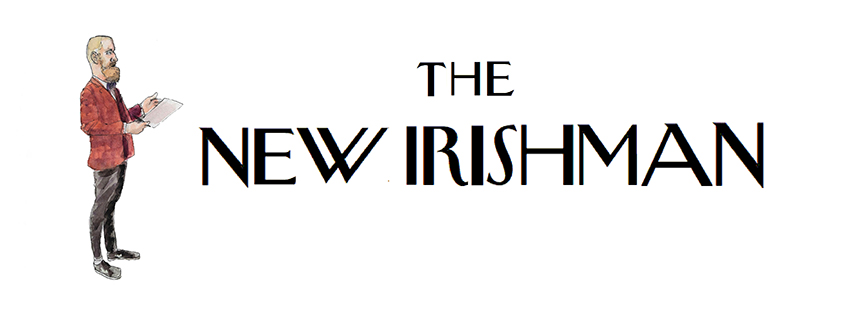"Cartoons are a traditional feature of British political coverage and the cartoonist's pen stroke has often conveyed judgments more deadly than anything journalists would dare to express."They're called "ink-stained assassins" for a reason, as The News Statesman put it here. As Diane Abbott said:
"The idea of John Major in his underpants: he used that over and over and it became part of the political lexicon. It spoke of his timidity, caution and greyness."Likewise, of Ed Miliband, Tim Benson wrote in the book 'The Best of Britain's Political Cartoons 2013':
"[Peter] Brooke's believes that [Ed Miliband's] comparison with Wallace has damaged Miliband's chances of ever becoming prime minister. This is because, like Wallace, Miliband's also appears hapless, making the public's perception of him unsuitable prime ministerial material."Martin Rowson wrote here:
"I tend to get more death threats than the columnists whose columns I squat on like a gargoyle, because people respond to this visual piece of anarchy when they’re looking through the newspaper."The political cartoonist will live on forever, no matter what the state and fate of the legacy media platforms, as Rowson said:
"A third of that period (history of political satire), we've been parasitizing on the back of newspapers, and when newspapers die, like any hideous sensible parasite, we’ll just jump off on to the next host."Never doubt the power of political cartoonist to effect material change. Like the media, they are as effective an agent of change any legislative body. Just look at the effect of Steve Bell on John Major. Of Peter Brookes on Ed Miliband. The famous U.S. political cartoonist Herb Block brought about huge change through his cartoons. As Susan D Harris said in The American Thinker:
"As a political cartoonist, Herb Block used comedy and mockery with cunning skill. Throughout his seventy-two year career, he helped influence the political landscape through thirteen presidential administrations."
 |
| Cartoon by Herb Block, mocking McCarthyism. |
Boss Tweed knew the power of political cartoons. He said, regarding the work of political cartoonist at Harper's Weekly Thomas Nast and his cartoons:
"Stop them damned pictures. I don't care so much what the papers say about me. My constituents don't know how to read, but they can't help seeing them damned pictures."He said that because he knew, viscerally, how powerful and effective an agent of influence and change cartoons were.


No comments:
Post a Comment